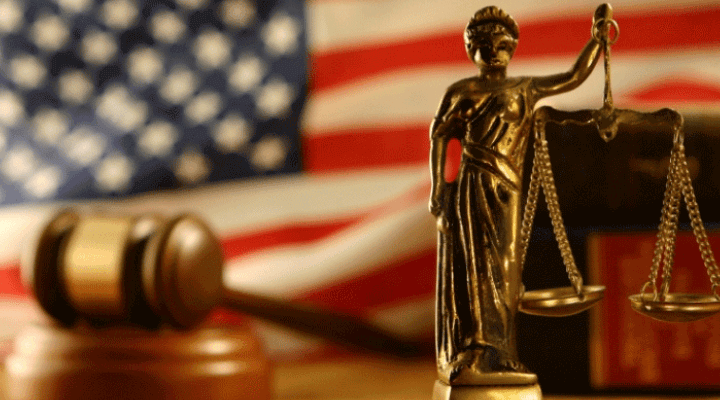The ongoing saga of the US v. Hale case in the Eastern District of Virginia, United States District Court continues. A criminal matter, Hale has been charged with obtaining national defense information; retention and transmission of national defense information; causing the communication of national defense information; disclosure of classified communications intelligence information; and theft of government property under the 100 year-old Espionage Act. The alleged acts occurred as far back as 2014 when Hale worked for the NSA. The conduct he is accused of includes providing multiple sensitive and classified documents relating to the United States secret drone program to reporters.
The latest rock fight on paper is the response by the Government to Hale’s Motion to Dismiss the Indictment. Hale, through his defense team, has applied a constitutional argument in an attempt to persuade the court to find in his favor – specifically the Fifth Amendment – in that the Espionage Act is constitutionally vague and denies him due process of law because it is punishing conduct that does not appear to be a crime. He also pleads the First Amendment as it relates to journalists’ free speech rights are violated through the prosecution of him. In essence, he is saying the charges against him under the Espionage Act are vague, in that the Act itself punishes conduct that could be interpreted as not being prosecutable under that provision.
A spy or a leaker?
A major legal theory Hale asserts is that the spirit and intent of the Act was to punish spies and he is not in fact a spy but a “leaker.” As to the journalism/freedom of the press argument, he contends that by punishing a leaker, you are impeding and violating the constitutional right of journalists to report newsworthy and highly controversial activity by the government at the expense of the citizen’s right to know.
The government responded to the first argument by emphasizing that leakers are more dangerous than spies in many cases, in that the information from a leaker can get passed to thousands of people immediately, whereas a spy usually relays their sensitive material to an agent of a foreign nation. As to the freedom of the press contention made by Hale, the government, in essence, points out there is no requirement, nor precedence, that a journalist’s rights or conduct is relevant to the proceeding against the defendant Hale. There is a lots of great discussion in the response by the government legal team about the historical nature of the Espionage Act and freedom of the press as it relates to sensitive materials being released.
The case, without overstatement, could be reality television for legal and constitutional junkies. From an outsiders view, both sides have generated excellent pleadings, full of insight, diligent research and intelligent articulation. I can’t want to see what happens next.




